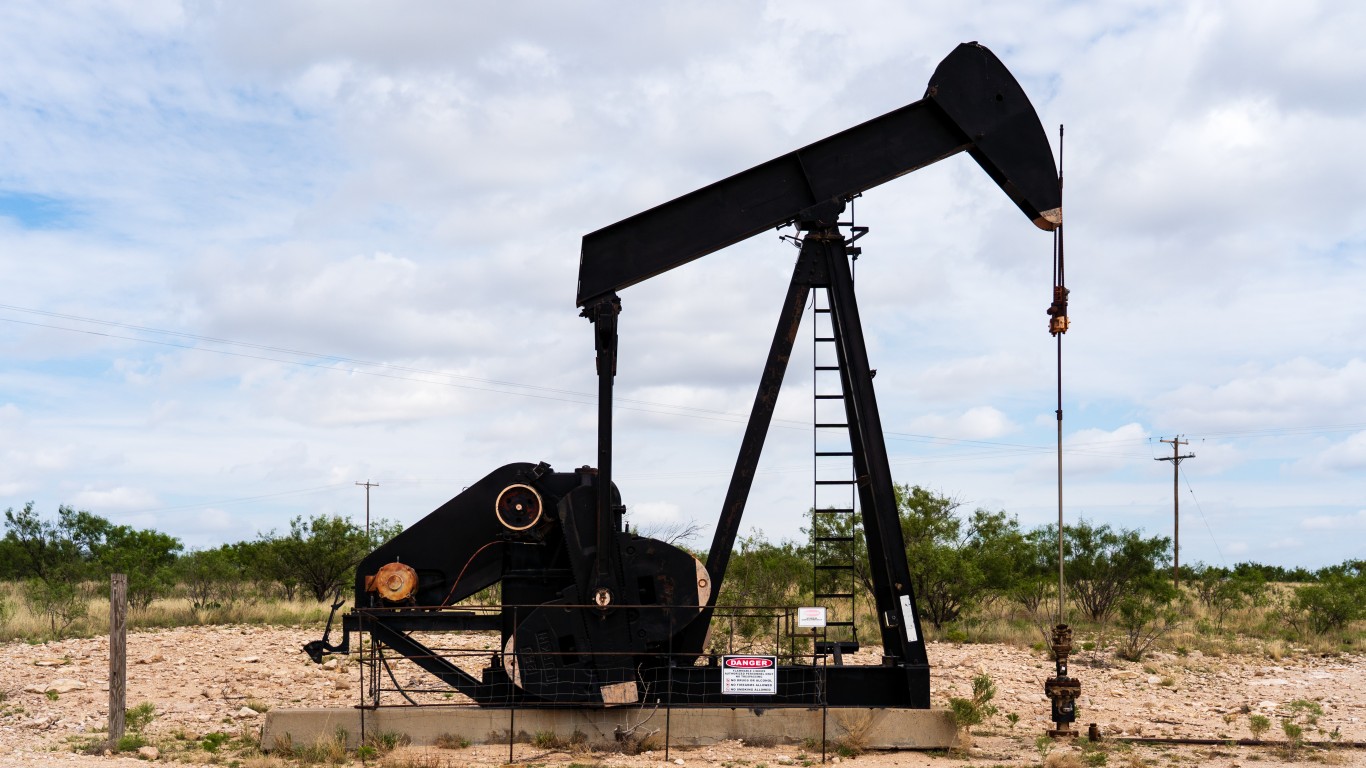
Oil prices were last above $100 in August 2014, as the world’s economy surged back from The Great Recession. Short supply from the North Sea and Libya were the other primary culprits. By, February 2015, as more supply came online, crude dropped to $55, slightly below where it is today. Crude as of last week reached $63, a 52-week high, and run-up of 69% since early November. Global supply and demand circumstances have renewed anxiety that crude will trade back toward $100 within a year.
According to Barron’s, several experts who believe that $100 oil is a possibility have made cases recently: “Oil prices have risen above even the most bullish analysts’ projections so far this year. And now analysts are hiking those projections, implying that the run is far from over. In fact, some see a chance that oil could actually hit $100 a barrel again, a milestone that had seemed impossible just two years ago.”
Amrita Sen, chief oil analyst at Energy Aspects, also sees the threshold as a possibility as he said in an interview with Oilprice.com “We’ve always called for $80 plus oil in 2022. Maybe that is $100 now given how much liquidity there is in the system. I wouldn’t rule that out.”
The major reasons oil could move back to $100 are fairly limited. The first is that many economists believe much of the world’s economy will boom out of the COVID-19 pandemic period. The U.S. is a case in point. After the pandemic crippled GDP in the first half of 2020, some experts see a double-digit GDP improvement in 2021. Jobs that were lost will return and drive unemployment back down toward 4%. Stimulus checks, sent to millions of Americans will give them substantial discretionary income, A rising stock market will do the same for middle and upper-class Americans.
Other large economies consume massive amounts of crude. This is particularly true of China, the world’s largest importer. Its economy quickly emerged from the effect of the pandemic and has picked up speed.
Another reason is the ongoing feud among oil-producing nations. This has been particularly bruising between Russia and OPEC in recent years. Another such fight will occur shortly. According to World Oil,
Saudi Arabia and Russia are once again heading into an OPEC+ meeting on opposite sides of a crucial debate about the oil market.
Riyadh is publicly urging fellow members to be “extremely cautious,” despite prices rebounding to a one-year high. In private, the kingdom has signaled it would prefer that the group broadly holds output steady, delegates said. Moscow, on the other hand, is indicating that it still wants to proceed with a supply increase.
And, there is always the wildcard of unrest in the Middle East. The most recent example is President Biden’s decision to send missiles into Syria to “warn” Iran about attacks on U.S. and Iraqi forces in the region. Any interruption in the supply of oil in tankers that move through the Strait of Hormuz could cause a sharp spike.
Finally, hurricane season can trigger spikes in oil prices. Large hurricanes in the Gulf of Mexico can shutter deepwater drilling and close the huge refineries near the Gulf south of Houston.
Could oil rise above $100 a barrel? Since 1980, it has happened over three prolonged periods. Each was driven by factors that either exist in the world now or certainly could in the near future. Among other things, the effects in America are that some states will have very high gas prices, driven by oil and gas taxes
Are You Still Paying With a Debit Card?
The average American spends $17,274 on debit cards a year, and it’s a HUGE mistake. First, debit cards don’t have the same fraud protections as credit cards. Once your money is gone, it’s gone. But more importantly you can actually get something back from this spending every time you swipe.
Issuers are handing out wild bonuses right now. With some you can earn up to 5% back on every purchase. That’s like getting a 5% discount on everything you buy!
Our top pick is kind of hard to imagine. Not only does it pay up to 5% back, it also includes a $200 cash back reward in the first six months, a 0% intro APR, and…. $0 annual fee. It’s quite literally free money for any one that uses a card regularly. Click here to learn more!
Flywheel Publishing has partnered with CardRatings to provide coverage of credit card products. Flywheel Publishing and CardRatings may receive a commission from card issuers.
Thank you for reading! Have some feedback for us?
Contact the 24/7 Wall St. editorial team.





